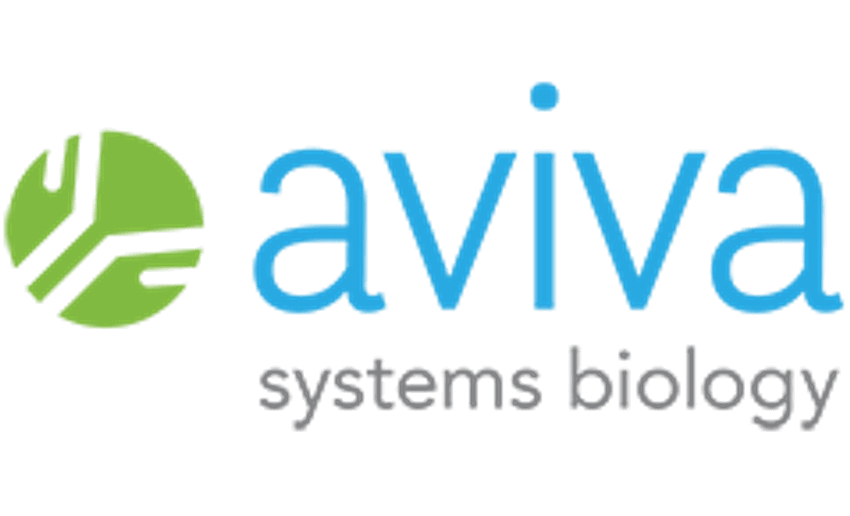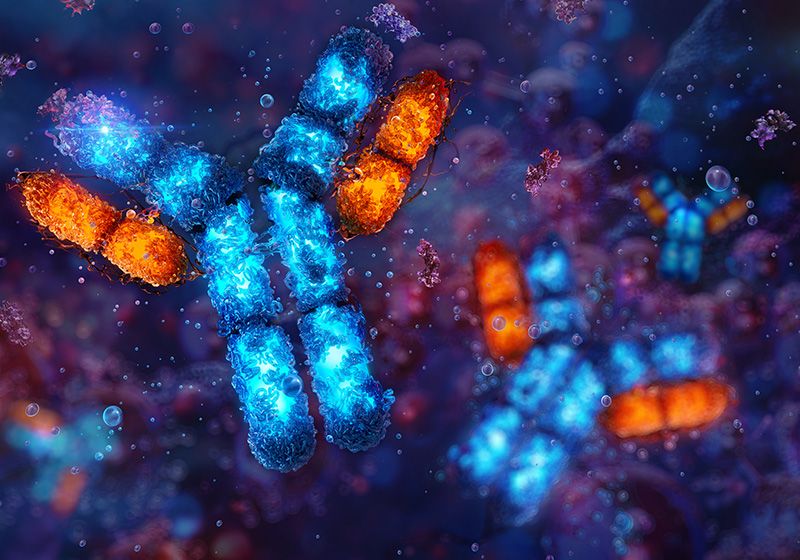Advances in recombinant technologies and validation standards equip researchers with confidence in biomarker discovery, detection, and translation.
©iStock, quantic69
Biomarkers found within the human body can help reveal valuable insights into health and disease. In the realm of cancer research and oncology, tumor biomarkers can support early detection, prognostic stratification, and therapeutic guidance; however, establishing a potential cancer biomarker as a robust enough indicator for widespread adoption can be a challenging endeavor.1 Scientists must overcome several common roadblocks, including validation in clinically relevant samples, on the path to transforming an initial laboratory finding into a widely accepted research or clinical tool.2 Recombinant antibodies have expanded biomarker discovery and strengthened validation workflows by helping scientists detect a wider range of targets and minimize readout variability. These improvements help researchers bridge the gap between early-stage development and clinical utility.
From Discovery to Validation
Cancer biomarkers span a broad biological spectrum, including proteins, metabolites, and nucleic acids detectable in samples such as tissue biopsies and blood.1 At the beginning of a biomarker discovery study, scientists must determine the intended use of their potential findings, such as whether their goal is to identify biomarkers for diagnostics, prognostics, or therapeutic monitoring. Additionally, researchers should consider experimental design factors that could influence reproducibility, both within their own laboratories and by other scientists, including the availability and relevance of samples, and the analytical validity of measurement assays.2
Early-stage biomarker discoveries often shine in controlled settings or small patient cohorts, but many falter in real-world testing, such as STK11 and KEAP1 mutations that real-world evidence demonstrated as unlikely to be predictive biomarkers for immunotherapy responsiveness.3 To address this, biomarker detection assays should be fit for purpose with validation stringency tailored to the biomarker’s intended role, from exploratory research to quantitative clinical use.2,4 Using insufficient validation standards for clinical assays, even in early-stage development, can lead to unreliable results that influence downstream translation. Additional common pitfalls include drift in assay performance between experiments due to nonbiological experimental effects, such as reagent changes, and the absence of certified standards, which limits analytical reproducibility and comparability.2
At every step of the biomarker development workflow, researchers need to systematically evaluate key performance parameters such as accuracy, precision, sensitivity, specificity, linearity, and reagent stability. Regardless of the biomarker type or application, characteristics that help candidates progress past discovery often revolve around detection assays being straightforward, reproducible, reliable, and cost-effective. For example, immunohistochemistry (IHC) is a standard biomarker analysis technique for many researchers; it is a widely accessible, rapid, and relatively inexpensive detection method for protein biomarkers.3 However, antibody availability is crucial to the success of IHC-based assays, and a lack of validated antibodies can dramatically limit a new protein biomarker’s success. Consistent access to high-quality antibodies and immunoassays that have been rigorously tested for performance supports translational progress and successful biomarker validation.
The Importance of Antibody Validation
Antibodies are a core reagent for many cancer biomarker assays, including IHC and enzyme-linked immunosorbent assays (ELISAs). For instance, researchers and clinicians routinely use IHC to assess cancer biomarkers, such as the estrogen receptor in breast cancer and programmed death-ligand 1 (PD-L1) in a variety of solid tumors and hematological malignancies.3 As such, antibody validation is critical to avoid misleading results and address reproducibility concerns in biomarker discovery and analysis. Validation strategies may include genetic experiments for target specificity, quantitative affinity measurements, target recognition in biological samples, and independent recognition with multiple epitopes to assess cross-reactivity and specificity.5
How Recombinant Antibodies Enhance Translation
Recombinant antibodies are another key tool for improving validation. Using recombinant platforms, scientists can identify, clone, and express specific antibody sequences to help ensure precise epitope targeting and minimize variability.
Researchers and manufacturers can develop recombinant antibodies that have high specificity and selectivity for their target antigen. They are produced in a controlled and standardized manner, ensuring batch-to-batch consistency, which reduces variability and improves reproducibility. Recombinant antibodies can also be produced in large quantities more easily than those made using traditional methods. Recombinant methods allow for sustainable and continuous antibody production in large quantities. Finally, recombinant antibodies help researchers target highly conserved or difficult-to-obtain antigens. This is particularly crucial in oncology research, where patient-specific biomarkers are increasingly used to inform precision medicine and home in on previously undruggable targets.
Integrating Recombinant Tools and High Validation Standards
By integrating recombinant antibodies early in their cancer biomarker workflows, researchers can validate binding specificity, cross-reactivity, and lot consistency before progressing to downstream assay validation. This practice not only mitigates false leads but supports translational potential, ensuring markers perform reliably across assays, batches, and populations.
Although it is important for individual researchers to validate the antibodies they use in their samples, manufacturers that prioritize standardized antibody validation and antibody performance transparency further save researchers valuable time and resources during planning and execution.
Aviva Systems Biology embodies these principles, advocating for standardization and validation rigor. Their recombinant antibodies, antibody development and characterization services, and ELISA products and services equip cancer biomarker researchers with robust detection methods. By combining data-driven assay validation and renewable recombinant reagents, Aviva Systems Biology supports reproducibility from the bench through translational milestones, helping researchers confidently advance their cancer biomarker studies.


